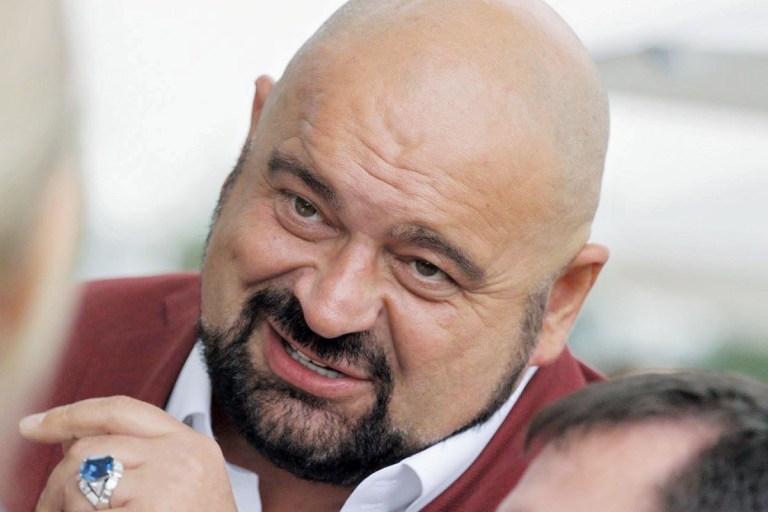This piece was reprinted by OpEd News with permission or license. It may not be reproduced in any form without permission or license from the source.
A disaster for Ukrainians, a boon for the BidensOn January 12, 2017, the criminal probes of Zlochevsky and Burisma were officially closed under the watch of a new Ukrainian prosecutor.
Less than a week later, Biden returned to Ukraine to make his final speech as vice president. By this point, three years after the Maidan uprising overthrew Yanukovych, it was clear that the national project the vice president personally had presided over was a calamitous failure.
As even the Atlantic Council's Aslund was willing to admit, Ukraine had become the poorest country in Europe. The country had also become the top recipient of remittances in Europe, with a staggering percentage of its population migrating abroad in search of work.
Meanwhile, Amnesty International stated: "Ukraine is descending into chaos of uncontrolled use of force by radical [far-right] groups. Under these conditions, no person in Ukraine may feel safe." As the country's proxy conflict with pro-Russian separatists dragged on, it transformed into a supermarket for the international arms trade.
Meanwhile, Biden's son Hunter was making a small fortune by simply warming a seat on Burisma's board of directors.
During his 2017 press conference in Kiev, Biden seemed oblivious to the trends that were driving Ukraine into ruin. He encouraged Ukraine's leadership to continue on an IMF-led path of privatization and austerity.
He then urged Kiev to "press forward with energy reforms that are eliminating Ukraine's dependence on Russian gas," once again advancing policy that would serve as a boon to the energy firms plowing their cash into the Atlantic Council.

Mykola Zlochevsky, former employer of Hunter Biden and current partner of the Atlantic Council
(Image by GreyZone) Details DMCA
Even with Hunter Biden on his company's board, Zlochevsky was still seeking influential allies in Washington. He found them at the Atlantic Council in 2017, literally hours after he was cleared of corruption charges in Ukraine.
On January 19, 2017 just two days after the investigation of Zlochevsky ended Burisma announced a major "cooperative agreement" with the Atlantic Council. "It became possible to sign a cooperative agreement between Burisma and the Atlantic Council after all charges against Burisma Group companies and its owner [Mykola] Zlochevskyi were withdrawn," the Kyiv Post reported at the time.
The deal was inked by the director of the Atlantic Council's Eurasia program, a former US ambassador to Ukraine named John Herbst.
Since then, Burisma helped bankroll Atlantic Council programming, including an energy security conference held this May in Monaco, where Zlochevsky currently lives.
"[Zlochevsky] invited them purely for whitewashing purposes, to put them on the fa????ade and make this company look nice," Daria Kaleniuk, executive director of Ukraine's Anti-Corruption Action Center, said of the Monaco event to the Financial Times.
At one such conference in Monaco, then-Burisma board member Hunter Biden declared, "One of the reasons that I am proud to be a member of the board at Burisma is that I believe we are trying to figure out the way to create a radical change in the way we look at energy." (Hunter Biden left Burisma with $850,000 in earnings when his father launched his presidential campaign this year).
While the Atlantic Council was bringing Burisma in from the cold, the company was still too toxic for much of the business world to touch.
As the Financial Times noted, the American Chamber of Commerce in Ukraine had rejected Burisma's application for membership. "We've never worked with them for integrity reasons. Never passed our due diligence," a Western financial institution told the newspaper.
Next Page 1 | 2 | 3 | 4 | 5 | 6 | 7
(Note: You can view every article as one long page if you sign up as an Advocate Member, or higher).




